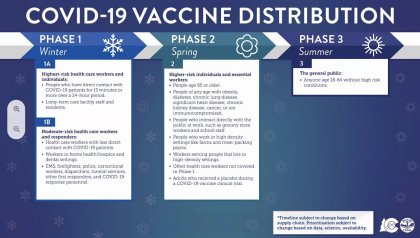The reference to Omicron reveals the scammer’s intention of capitalising on fears about the prevalent new Covid variant to trick people into giving away their personal details, the public having become accustomed to responding to orders to isolate over the course of the pandemic thanks to the NHS Test and Trace app.
A text message scam in which tells recipients were told they had come into contact with a person who tested positive for Omicron and are obliged to order a PCR test has been taken down.
The messages, purporting to be from the NHS, included a link to a dubious website with the domain name mypcr-test.com though which recipients were told they could obtain a test.
That link now redirects to the official NHS website, which means it has been discovered and taken down, according to Online Threat Alerts.
The message read: “NHS: You have been in contact with someone who has the Omicron Variant. You must order a free PCR testing kit here.”
The domain tracking website Who.Is reveals that mypcr-test.com was only registered on Wednesday 5 January by someone in Reykjavik, Iceland, and is not associated with the British government in any way.

Another version of the text identified by consumer advocates Which? less explicitly cites “COVID-19” as the reason for the alert.
While the NHS does send text messages to patients, it would only invite individuals to order a Covid test through the official government website.
A spokesperson for the Department of Health said: “Whilst it is possible for criminals to fake official phone numbers, they cannot fake official website addresses.
“We would encourage anyone with concerns about a phone call, text message or email they have received, in relation to test and trace, to check the website address being provided to you carefully.
“If possible, type the official address, which will be https://contact-tracing.phe.gov.uk followed by the unique characters given to you, directly into your browser.
“To check what is and isn’t going to be asked, visit the nhs.uk site.
“If you think you have been sent a scam message, please report it to Action Fraud. If people receive an email which they’re not quite sure about, they can forward it to the National Cyber Security Centre’s Suspicious Email Reporting Service (SERS) via report@phishing.gov.uk. To report a spam text forward the message to Ofcom’s spam texting service on 7726.”
The text messages in question are only the latest scams related to the pandemic.
Just last month, the public were warned about another bogus Omicron message, again urging people to get a PCR test “to avoid restrictions”.
Katherine Hart, lead officer of the Chartered Trading Standards Institute, said at the time: “It disgusts me that scammers are jumping on the public’s fears about the Omicron variant in an attempt to steal their personal data.
“This is by no means the first time fraudsters have used the pandemic for their gain – since March 2020, the unscrupulous have angled their scams on everything from bogus Covid-19 business support grants and vaccination bookings to fake vaccine passes.
“It is also crucial that the public reports this scam to the authorities. By doing so, the public aids consumer protectors in mapping out the problem and recognising the sheer scale of it.”
“Smishing” scams (SMS phishing scams) reportedly rose by 700 per cent in the first six months of last year, according to Which?, as fraudsters sought to take advantage of pandemic era trends like increased demand for home deliveries.



